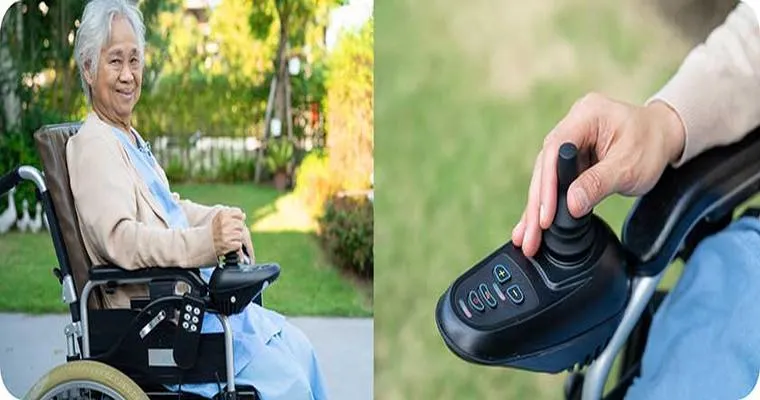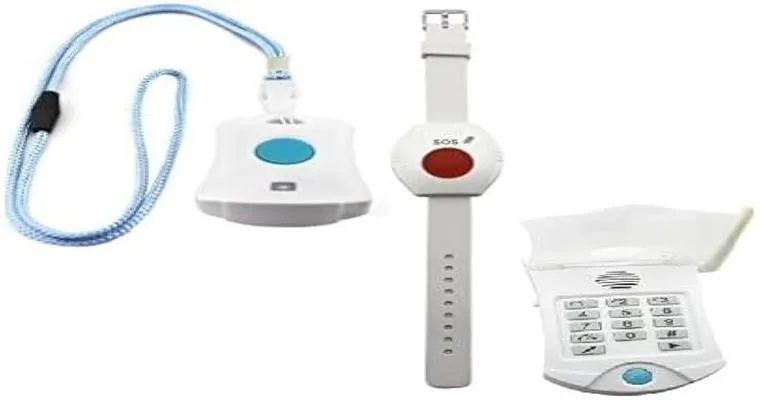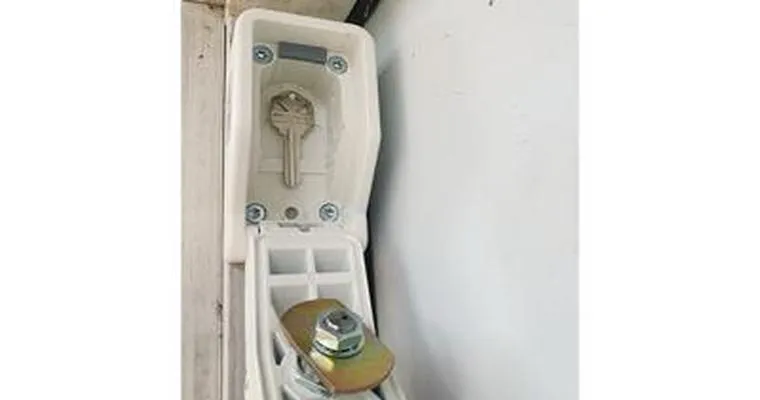As the population ages, ensuring that our elderly loved ones can live "independently" and comfortably is more important than ever. Fortunately, advancements in "technology" have made it easier for seniors to maintain their "independence" while ensuring their safety and well-being. Here are five innovative technologies that can greatly assist seniors in living on their own.
1. Smart Home Devices
Smart home devices are revolutionizing the way seniors interact with their living environments. From voice-activated assistants like Amazon Alexa and Google Home to smart thermostats and lighting systems, these technologies provide convenience and security. Seniors can control their home environment with simple voice commands or mobile apps, making it easier to manage daily tasks such as adjusting the temperature or turning off lights, all while reducing the risk of falls.
2. Wearable Health Monitors
Wearable health monitors, including smartwatches and fitness trackers, have become essential tools for seniors. These devices can track vital signs such as heart rate, steps taken, and even sleep patterns. Many wearables also feature emergency alert systems that can automatically notify caregivers or emergency services if a fall or health emergency occurs. This technology not only promotes "health monitoring" but also gives seniors peace of mind knowing help is just a button press away.
3. Medication Management Apps
For many seniors, managing medications can be a challenging task. Medication management apps are designed to help seniors keep track of their prescriptions, dosages, and refill reminders. These apps can send alerts when it’s time to take medication, reducing the risk of missed doses and potential health complications. By simplifying medication management, these apps empower seniors to take charge of their health and maintain their "independence".
4. Remote Monitoring Systems
Remote monitoring systems enable caregivers and family members to keep an eye on their loved ones' well-being from a distance. These systems can include sensors that monitor movement, detect falls, and even track daily activities. If any unusual patterns are detected, alerts can be sent to caregivers, allowing for timely intervention. This technology fosters a sense of security for both seniors and their families, ensuring that help is available when needed without intruding on the seniors' "independence".
5. Virtual Social Platforms
Social isolation can be a significant issue for seniors living alone. Virtual social platforms, such as video calling applications and social media, provide a way for seniors to connect with family and friends. Whether it’s through Zoom, Skype, or Facebook, these technologies help seniors maintain social interactions, combat loneliness, and engage with their communities. Staying socially connected is vital for mental health and overall well-being, making these platforms essential for encouraging "independent living".
Conclusion
As technology continues to evolve, the tools available to help seniors live independently are becoming increasingly sophisticated and user-friendly. From smart home devices to virtual social platforms, these technologies not only enhance safety and health management but also promote a fulfilling lifestyle. Embracing these innovations can empower seniors to maintain their "independence", allowing them to thrive in their own homes while staying connected to their loved ones. By integrating these technologies into the lives of seniors, we can help ensure they enjoy a high quality of life as they age.





